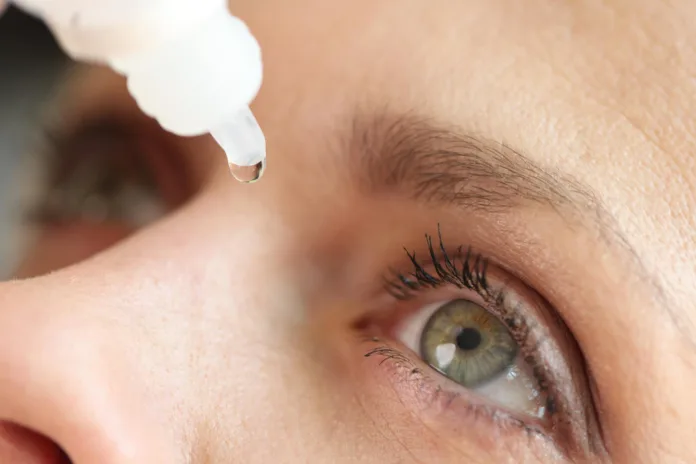Trials suggest new eye drops may free millions from the daily struggle of reading glasses
Reading glasses, long seen as an inevitable accessory of ageing, may soon become unnecessary thanks to a breakthrough treatment involving eye drops. Scientists say the drops, developed as a treatment for presbyopia, have shown strikingly effective results in clinical trials and could replace the need for spectacles entirely.
Presbyopia affects almost everyone over the age of 45. It occurs when the lens of the eye gradually loses flexibility, making it harder to focus on nearby objects. The condition, though not dangerous, forces millions to rely on reading glasses to carry out everyday tasks — from reading menus to sending text messages.
Now, researchers believe they may have found a way to sidestep that inconvenience. According to the study, the drops help sharpen near vision by temporarily altering the way light enters the eye. The result is improved focus without the need for glasses.
The trial results revealed that participants who used the drops reported significant improvements in their ability to read fine print and perform close-up tasks. Unlike glasses, which must constantly be taken on and off, the drops offered a freedom that many found life-changing.
“The treatment proved safe and effective,” researchers said, highlighting that users reported minimal side effects. Some experienced mild eye redness or headaches, but these typically faded after a short period.
The eye drops target the pupils, subtly constricting them to increase depth of field — much like reducing the aperture on a camera lens. This creates sharper focus across different distances, effectively bypassing the stiffening lens that defines presbyopia.
Scientists involved in the study say the treatment could be particularly appealing to those who dislike the inconvenience of spectacles, dislike contact lenses, or cannot undergo surgery. One researcher noted: “These drops give people back their independence, allowing them to go about their daily lives without constantly reaching for glasses.”
Embed from Getty ImagesPresbyopia affects an estimated two billion people worldwide. With populations ageing rapidly, demand for alternatives to glasses and contact lenses is expected to surge in the coming decades. The arrival of effective eye drops could therefore mark a seismic shift in the way the condition is managed.
At present, most people are limited to a handful of options: glasses, contact lenses or corrective surgery such as laser treatment or lens replacement. Each comes with drawbacks, from the hassle of constantly misplacing reading glasses to the cost and risk of invasive procedures. Eye drops, in contrast, could offer a low-cost, non-invasive solution accessible to a far wider range of patients.
The researchers behind the study emphasised that the treatment would not permanently cure presbyopia. Instead, its effects are temporary, lasting for several hours after each application. This means users may need to apply the drops once or twice a day, depending on their routines. For many, however, that is a small price to pay for freedom from glasses.
Experts caution that further trials will be necessary before regulators approve the drops for widespread use. Still, optimism is running high. Ophthalmologists say the prospect of a safe, effective and convenient alternative to glasses could transform not only the eye-care market but the daily lives of millions.
If approved, the treatment could arrive in clinics within the next few years, ushering in what some describe as the end of the reading glasses era.
